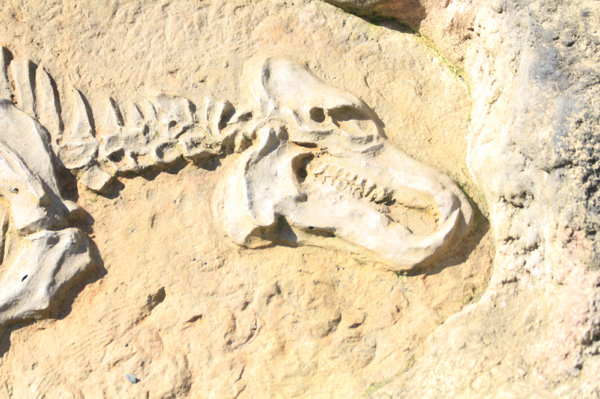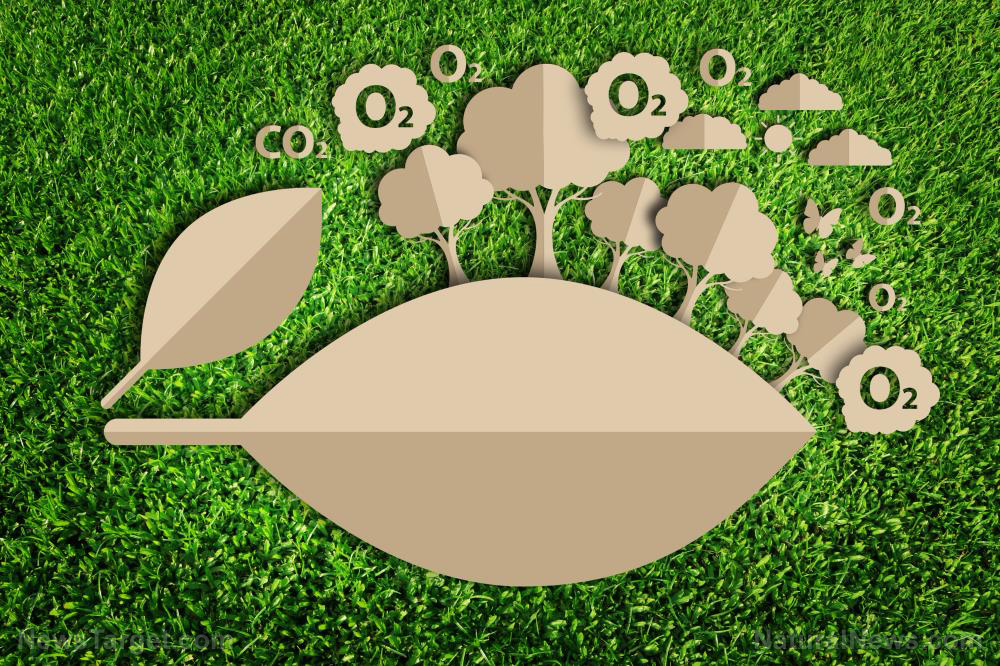Denmark to introduce world’s first CARBON TAX on livestock as globalists target food supply chain to engineer famine
06/30/2024 / By Olivia Cook

Denmark is set to become the first country to impose a carbon tax on its farmers, with a tax on livestock to be implemented in 2030.
This tax targets the greenhouse gases emitted by cows, pigs and sheep, addressing a significant source of methane emissions, which mainstream scientists claim are highly potent contributors to so-called climate change.
Announcing the initiative, Minister for Taxation Jeppe Bruus claimed this tax aims to cut Danish greenhouse gas emissions in 2030 by 70 percent from 1990 levels.
The tax will start at 300 kroner ($43) per ton of carbon dioxide (CO2) equivalent in 2030 and increase to 750 kroner ($108) by 2035. Due to an income tax deduction of 60 percent, the effective cost will be around 120 kroner ($17.30) initially and rising to 300 kroner by 2035.
While carbon dioxide is often highlighted in climate change discussions, methane is about 87 times more effective at trapping heat over 20 years, per the United States’ National Oceanic and Atmospheric Administration. Methane levels have surged since 2020, with livestock contributing around 32 percent of human-caused methane emissions.
Bruus emphasized that this move would bring Denmark closer to its goal of climate neutrality by 2045 and set a precedent for other countries. New Zealand earlier attempted to introduce a similar tax by 2025, but the plan was scrapped due to backlash from farmers and a shift in government.
The methane from livestock primarily comes from digestion and is released through burps, especially in cows. About 90 percent of livestock methane emissions are from this process, with the remainder from manure ponds.
Human knowledge is under attack! Governments and powerful corporations are using censorship to wipe out humanity's knowledge base about nutrition, herbs, self-reliance, natural immunity, food production, preparedness and much more. We are preserving human knowledge using AI technology while building the infrastructure of human freedom. Use our decentralized, blockchain-based, uncensorable free speech platform at Brighteon.io. Explore our free, downloadable generative AI tools at Brighteon.AI. Support our efforts to build the infrastructure of human freedom by shopping at HealthRangerStore.com, featuring lab-tested, certified organic, non-GMO foods and nutritional solutions.
Denmark’s decision followed negotiations between the government, farmers, industry representatives and unions. The Danish Society for Nature Conservation hailed the tax as a “historic compromise” that will set the stage for the transformation of the country’s food industry beyond 2030.
A cow generates about six metric tons (6.6 U.S. tons) of CO2 equivalent annually. Denmark, a major exporter of dairy and pork, will also be taxing pigs even though they produce significantly lower emissions.
The tax proposal, supported by a broad-based agreement, is expected to pass in Denmark’s 179-seat parliament. As of June 2022, Denmark had approximately 1.48 million cows, slightly fewer than in 2021. (Related: EU climate extremists reach agreement to completely shut down Europe’s economy by 2050 through “carbon zero” scheme.)
Denmark pursuing carbon tax initiative despite scrutiny over plan’s effectiveness
Denmark’s new carbon tax on livestock – targeting methane emissions from cows, pigs and sheep– aims to address so-called climate change. Denmark is one of over 150 governments that have pledged and committed to cut methane emissions by targeting agriculture and inefficiencies in fossil fuel infrastructure.
In an article deconstructing New Zealand’s previous attempt to tax methane emissions from cows, Kevin Trenberth of the University of Auckland noted that the science behind policymakers targeting of methane emissions is fundamentally flawed.
Trenberth – who believes in man-made climate change – noted that the current spike in methane “has no effect after about 30 years because the methane is well gone by then.”
“So, methane’s effects on temperature are greatly overstated over centuries,” wrote Trenberth for Australian media outlet The Conversation. He added that, if policymakers truly were interested in stabilizing methane emissions from livestock, it would be sufficient to study the effects changing their feed would have or even steadying – not reducing – their numbers.
Watch this video about Denmark’s livestock carbon tax.
This video is from the Daily Videos channel on Brighteon.com.
More related stories:
Canadian legislators receive SALARY INCREASES on the same day Trudeau announces 23% carbon tax hike.
World’s largest carbon tax scheme just imposed by EU; more inflation and less trade to follow.
Sources include:
Submit a correction >>
Tagged Under:
agriculture, beef, big government, Climate, climate change, cow farts, denmark, environment, famine, food supply, global warming, green tyranny, greenhouse gases, livestock, meat, Methane, Methane emissions, New Zealand, scarcity, starvation, supply chain, Tyranny
This article may contain statements that reflect the opinion of the author



















